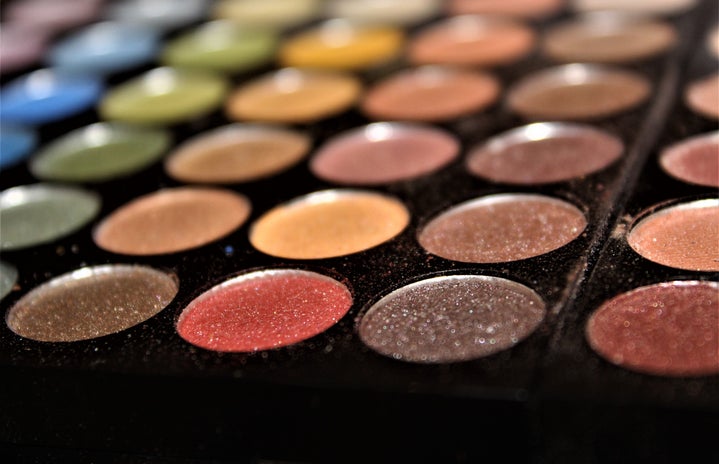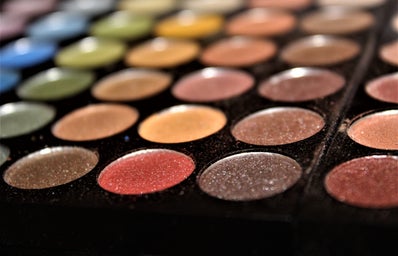Real talk here. The average American collegiette – female and between the ages of 18-25 – “owns” 20-60 slaves, meaning that she uses and owns products that are produced by workers that spend long hours in dangerous conditions completely unpaid. (Find out your specific Slavery Footprint) Modern slavery aside, half the world—that’s over three billion people—lives on less than $2.50 a day. At least 80 percent of humanity earns less than $10 a day. 16 percent of school-aged children are involved in child labor.
So if you could do some good, why wouldn’t you? Whether you’re founding your own NGO or just trying to “make it” in the vast, corporate world, live intentionally! Start small, with something you go through every day—your beauty routine. Here’s our guide to a creating a responsible daily regimen.
Brands We Like
Winners: Lines that actually give back
They are the tiny startups that make the huge commitments. These brands not only create fantastic body and beauty products, they have also pledged a percentage of their profits to awesome causes. These are up-and-comers, so give ‘em some love!
There are more slaves today than there were at any point during the Atlantic Slave trade. The sex industry generates $170 billion annually, with over two million human beings trafficked illegally every year. Radiant Cosmetics donates 20 percent of its profits to organizations such as Redeemed Ministries and Free the Captives that are working to end the sex slave trade and rehabilitate victims. Even better, they don’t practice animal testing. We love their moisturizing lipsticks and blush!
2. Beecology
Beecology follows a similar model, donating 20 percent of its profits to social and environmental causes. Unlike Radiant Cosmetics, you decide where that money goes. Each Beecology product comes with a “charity code,” which you then enter into a separate website and select from a list of organizations you’d like the proceeds to go to. Check out their all-natural body washes, soaps, and sulfate-free shampoo!
Yes to Carrots does good not only by donating 1 percent of its profits to charity, but also by buying ethically. All their products are made from organic, fresh fruit and vegetable extracts. They use completely recyclable packaging. In 2013, they made the decision to give 1 percent of its total profits to help grow sustainable gardens in Kenya and the Bay Area. Their body butter and eye gel have both received high marks!
Runners Up: Companies that are good partners
While these companies don’t physically give money to any causes, they are dedicated to fair trade and sustainability in their business models. They might only use organically grown, fairly traded products, or they form meaningful partnerships with organizations that promote these values.
1. LUSH
Alright, LUSH is pricey, but justifiably so. LUSH practices “ethical buying.” It has devoted itself to using the freshest possible ingredients, all sourced from small producers, allowing them to monitor worker conditions and find more sustainable production methods. LUSH also devotes itself to numerous “ethical campaigns,” giving these causes publicity via store-front and online advertising. Try out their “Charity Pots” of cocoa butter, of which 100 percent of the profits go to organizations listed here. Be sure, also, to bring your own reusable bag to the store, as many LUSH products come “naked,” without any packaging, making them even more sustainable!
Like LUSH, the Body Shop does good by buying ethically and engaging in campaigns. During the Greenpeace “Save the Whales” campaign, for example, The Body Shop introduced its jojoba oil campaign, which could be used instead of whale oil. Since its foundation in 1976, it’s become a multi-million dollar company as well as a universal symbol for corporate social responsibility. Their tea tree facial wash is awesome!


